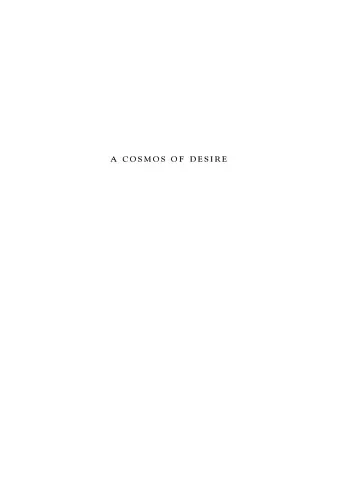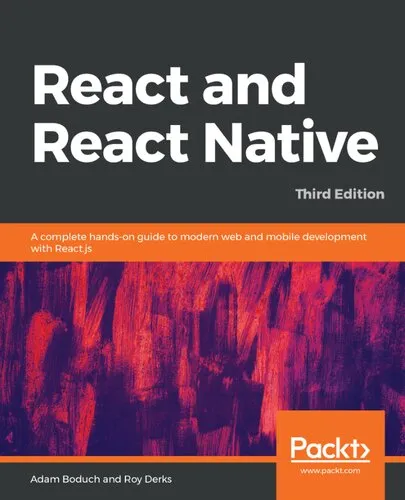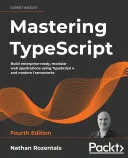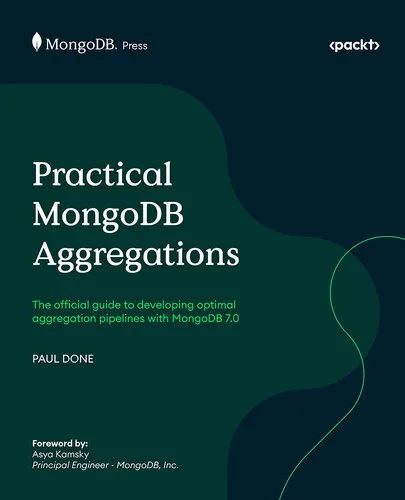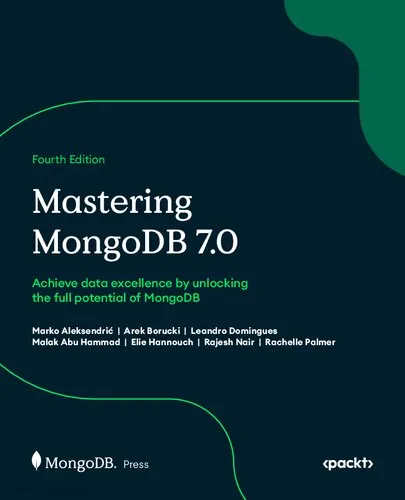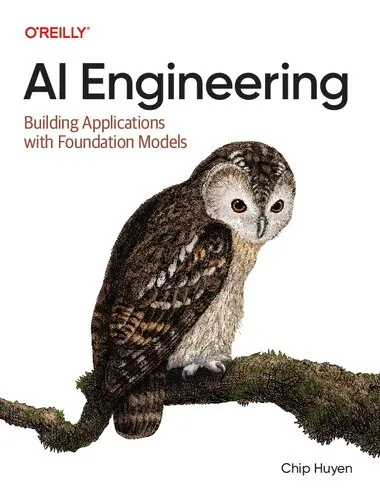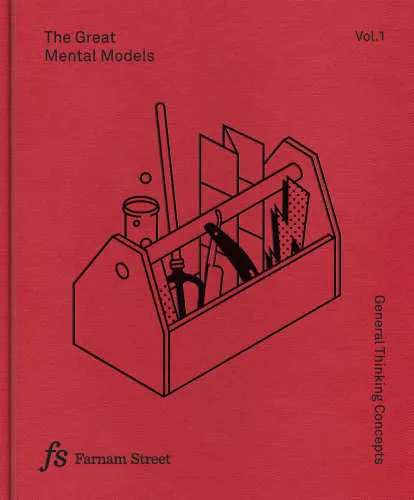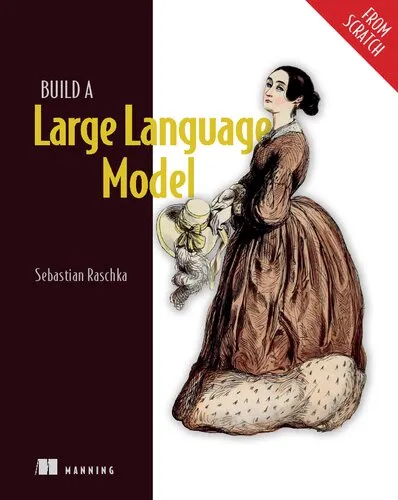A Cosmos of Desire: The Medieval Latin Erotic Lyric in English Manuscripts (Studies in Medieval and Early Modern Civilization)
4.5
Reviews from our users

You Can Ask your questions from this book's AI after Login
Each download or ask from book AI costs 2 points. To earn more free points, please visit the Points Guide Page and complete some valuable actions.Related Refrences:
Introduction to "A Cosmos of Desire: The Medieval Latin Erotic Lyric in English Manuscripts"
"A Cosmos of Desire: The Medieval Latin Erotic Lyric in English Manuscripts" delves into an intriguing aspect of medieval literature often left in the shadows—erotic lyric poetry written in Latin. This interdisciplinary work examines the intersection of passion, intellectualism, and artistry as it appears in medieval manuscripts preserved in England. By exploring these texts, the book provides critical insights into the expression of love, lust, and desire in a time when such topics were deeply intertwined with social, theological, and philosophical frameworks.
Detailed Summary of the Book
The book is structured as an academic study that balances rigorous textual analysis with a broader cultural examination of medieval thought. It explores how erotic Latin lyrics were composed, transmitted, and understood. These poems, often anonymous, capture a fascinating blend of emotional intensity and intellectual sophistication that challenge modern assumptions about medieval literature. The book investigates their themes, sources, and formal characteristics while considering their reception and transmission in medieval England.
Much of the analysis revolves around the symbiotic relationship between desire and intellect. Rather than reducing eroticism to a simplistic bodily craving, these works elevate it to a cosmos of celestial longing and reflective pleasures. The manuscripts reveal how medieval poets could seamlessly integrate the sacred and secular, showcasing the profound complexity of medieval views on relationships, sin, and the human experience.
Thomas C. Moser Jr. illuminates historical contexts surrounding these works, from the theological interpretations of desire in medieval Christianity to societal norms around love and courtship. By situating the erotic lyric within its manuscript culture, he underscores the importance of materiality in understanding how these texts functioned both as literary artifacts and as reflections of collective human longing.
Key Takeaways
- Medieval Latin erotic lyrics combine intellectualism and sensuality, challenging modern stereotypes about medieval culture.
- The texts reflect multifaceted views of desire, presented through metaphor, allegory, and intricate linguistic craftsmanship.
- Interpreting these works requires an understanding of their theological, philosophical, and social contexts.
- Manuscripts serve as both cultural artifacts and windows into the shared experiences of love and longing in the medieval world.
- The book demonstrates the richness of medieval literature and reveals its relevance to contemporary discussions about human emotions and relationships.
Famous Quotes from the Book
"In medieval thought, desire was not merely an earthly impulse but a vessel for transcendence, a bridge linking the corporeal to the divine."
"The writers of these lyrics shaped passion into poetry, elevating their yearning beyond the personal to tap into universal truths about the human condition."
"To touch another through words is to leave an indelible mark—a testament to the enduring power of poetry in the face of time and mortality."
Why This Book Matters
"A Cosmos of Desire" is a pioneering contribution to the study of medieval literature, offering a rare glimpse into the underexplored genre of Latin erotic poetry. It bridges the gap between historical scholarship and literary appreciation, making these texts accessible to both academics and general readers who seek to understand the emotional and intellectual underpinnings of medieval life.
The book matters because it challenges preconceived notions about the Middle Ages—particularly the stereotype that the era was devoid of nuanced discussions about love and sexuality. By reintegrating these suppressed narratives into our understanding of medieval culture, the book encourages a more inclusive, vibrant view of literary history.
Above all, "A Cosmos of Desire" affirms the timeless resonance of human passion, creativity, and the quest for connection. Its themes and insights remain relevant today, influencing modern discussions about how we express and interpret desire in a rapidly changing world.
Free Direct Download
You Can Download this book after Login
Accessing books through legal platforms and public libraries not only supports the rights of authors and publishers but also contributes to the sustainability of reading culture. Before downloading, please take a moment to consider these options.
Find this book on other platforms:
WorldCat helps you find books in libraries worldwide.
See ratings, reviews, and discussions on Goodreads.
Find and buy rare or used books on AbeBooks.
1156
بازدید4.5
امتیاز0
نظر98%
رضایتReviews:
4.5
Based on 0 users review
Questions & Answers
Ask questions about this book or help others by answering
No questions yet. Be the first to ask!
